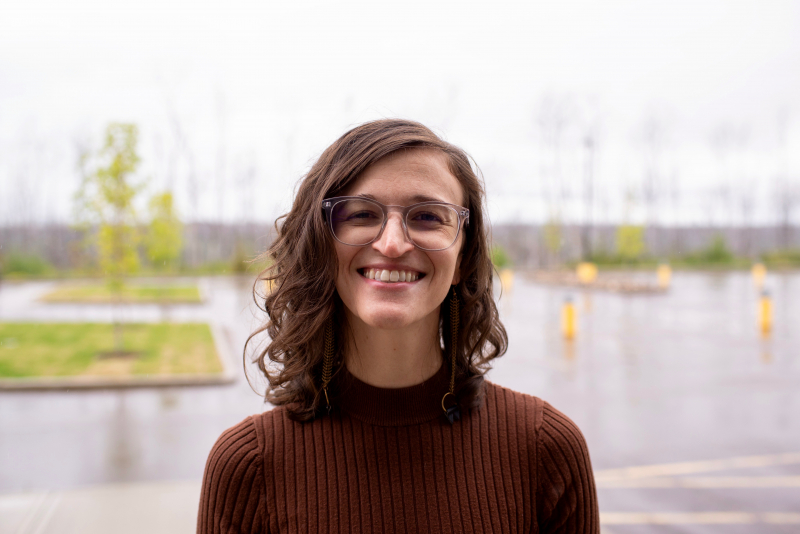Understanding the social and cultural context of reclaimed landscapes

Examining the ways that muskeg and its reclamation appear in Indigenous, government and scientific discourses is the focus of the first Anthropology in Our Backyards series talk Thursday afternoon organized by the University of Northern British Columbia.
Oil sands companies in northern Alberta are required to reclaim land disturbed by their extractive activities.
Reclaimed land is meant to resemble a naturally-occurring boreal forest, but reclamation has been criticized for ‘desertifying’ a landscape that, before extraction, consisted largely of muskeg (peatlands).
Titled Growing [With] Muskeg: Oil Sands Reclamation and Healing, Dr. Tara Joly, an assistant professor at UNBC’s Department of Anthropology, will discuss the social and cultural context for the creation of these reclaimed landscapes.
Dr. Joly’s public online lecture is open to everyone. It takes place Thursday, Nov. 26 from 1 to 2:30 p.m. You can register for it at https://bit.ly/anthropology-in-our-backyards
“Considering much of Canada’s subarctic is impacted by extractive industries and related marks of settler colonialism, I’m interested in how different people respond to and consider ways in which people can live with the damage,” explains Dr. Joly.
“Can we attempt to heal disturbed landscapes, and how are different ways of knowing involved in the process? In reclamation discourse and practice, tensions often erupt between settler-colonial and Indigenous perspectives on land use and value.”
